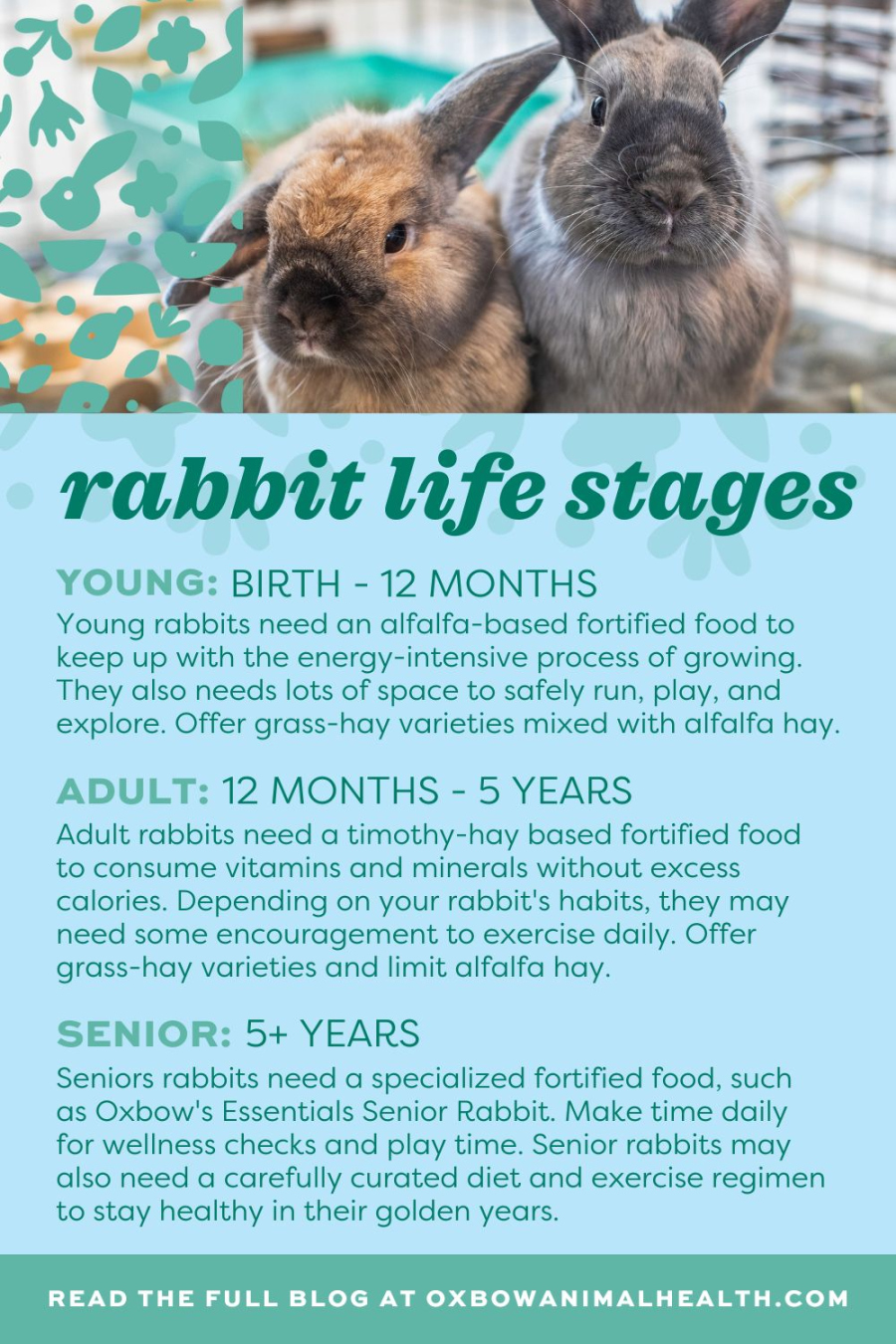When is a Rabbit Full Grown?
Rabbits are adorable and fascinating creatures that many people choose to keep as pets. If you are considering getting a rabbit, it’s important to understand its growth and development. One common question that arises when it comes to rabbits is when they reach full maturity. In this article, we will explore the different stages of a rabbit’s growth and answer some frequently asked questions about when a rabbit is considered fully grown.

Stages of Rabbit Growth
Rabbits, like many other animals, go through different stages of growth and development. Understanding these stages will give you a better idea of when a rabbit is considered full-grown.
1. Newborn
When a rabbit is first born, it is completely dependent on its mother. At this stage, the baby rabbits, known as kits, are blind, hairless, and unable to move around. They rely on their mother’s milk for nutrition and growth.
2. Weanling
Around 3 to 4 weeks of age, kits start to venture out of the nest and explore their surroundings. They begin nibbling on solid food, although they still heavily rely on their mother’s milk. This stage is known as the weanling stage, as kits are gradually weaned off their mother’s milk and transitioned to a diet of hay, pellets, and fresh vegetables.
3. Junior
Between 8 to 12 weeks of age, rabbits enter the junior stage. At this point, they are fully weaned and are eating a diet primarily consisting of hay, pellets, and vegetables. Junior rabbits are active and curious, displaying their playful nature. They also start to develop their adult teeth during this stage.
4. Adolescent
After the junior stage, rabbits enter the adolescent stage, which typically lasts from 3 to 6 months of age. During this stage, rabbits experience rapid growth and hormonal changes. It is important to provide them with ample space to exercise and explore as they begin to develop their adult behavior and personalities.
5. Adult
Finally, rabbits reach adulthood between 6 to 8 months of age. At this stage, their growth rate slows down significantly, and they are considered fully grown. The size and weight of an adult rabbit can vary depending on the breed, with larger breeds generally taking longer to reach full maturity.
FAQs about Rabbit Growth
1. How can I determine if my rabbit is fully grown?
The best way to determine if a rabbit is fully grown is by observing their physical characteristics. Typically, a rabbit is considered fully grown when they have reached their breed’s average size and weight. Consult a rabbit breed guide or consult with a veterinarian to get a clear understanding of when your specific breed reaches maturity.
2. Can a rabbit continue to grow after reaching adulthood?
No, rabbits do not continue to grow significantly after reaching adulthood. Once a rabbit has reached its full size, any further growth is usually minimal.
3. Are there any signs that indicate a rabbit is still growing?
Yes, there are a few signs that can indicate a rabbit is still in the process of growing. These include rapid weight gain, an increase in size, and a general lanky appearance. However, it is always best to consult with a veterinarian if you have concerns about your rabbit’s growth.
4. Can the growth rate of a rabbit be influenced?
The growth rate of a rabbit is primarily influenced by genetics and nutrition. Providing a balanced diet consisting of hay, pellets, and fresh vegetables is essential for healthy growth. Additionally, ensuring they have enough space to exercise and play can also contribute to their overall development.
Rabbits go through different stages of growth and development, starting from being completely dependent on their mother to reaching full maturity. Understanding these stages and knowing when a rabbit is considered fully grown is important for their care and well-being. By providing appropriate nutrition, space, and veterinary care, you can ensure that your rabbit grows up healthy and happy.
Related Articles…
Copyright Notice:
This website utilizes images found online, all copyrights are retained by their original owners. If you would like an image removed, kindly contact us.